Next week brings Chanukah and Thanksgiving, both holidays for feasting and enjoying wines. This convergence of the calendars is an opportunity for everyone to explore the world of modern, well-made kosher wines from France, Israel, Italy and California.
Whether you’re celebrating the first night of Chanukah or greeting family and friends arriving for Thanksgiving Day dinner, a glass of Champagne is stylish and celebratory.
In 1818, Drappier was founded in Champagne’s Cote de Bar, the southern area in which pinot noir predominates. In September, Michael Drappier, the seventh generation of the family, walked me through its vaulted cellars created in the 12th century by Cistercian monks.
The nonvintage Drappier Carte d’Or is made from 75 percent pinot noir and 10 percent pinot meunier, the two red grapes of Champagne, and 15 percent chardonnay. (It is also flash- pasteurized, so it can be designated mevushal, which means a non-Jewish person is allowed to serve it.) Its refined bubbles elevate the apple and lemon aromas in the glass, and the pinot noir provides a rich mouth feel and a mild red fruit flavor supported by clean, crisp acidity.
Serve the nonvintage Drappier Carte d’Or as an aperitif, with fried celery root chips or beet chips, or with a first course of potato latkes and apple sauce. The nonvintage Drappier Champagne Carte d’Or is about $59.
The 2012 Baron Herzog Chenin Blanc, from Clarksburg, Calif., is both mevushal and kosher for Passover. It has an appealing jasmine aroma, and tasty ripe pear and vanilla cake flavors that finishes mildly sweet. Serve this wine as an aperitif or with your roasted turkey. It comes with the good value price of $9.
Nestled in the mountainside above Jerusalem is Domaine du Castel, a family-owned winery founded by former restaurateur Eli Ben Zaken. Joined by his daughter and two sons, they make one white and two red wines (kosher for Passover, but not mevushal) using only classic French grape varietals.
Ariel Ben Zaken studied winemaking and worked in Burgundy. He applied classic Burgundian techniques of barrel fermentation and aging to the pure chardonnay 2011 Domaine du Castel C Blanc du Castel. The wine was bottled without fining or filtration. In the glass, it displays a substantial oak presence with noticeable alcohol. While my palate prefers more fruit and acidity, others will find this style perfectly pleasing.
The 2011 Domaine du Castel C Blanc du Castel requires food. Its full body and intense composition will be best with roasted or sautéed salmon coated with Dijon mustard, or served with a grapefruit salsa. It retails for about $52.
Bordeaux has been a leader in modern kosher wines, and a delicious example is the 2011 Chateau Rollan de By. Labeled mevushal, it is 70 percent merlot and 10 percent each cabernet sauvignon, cabernet franc and petit verdot.
Winemaker Emmanuel Bonneau achieved a black cherry hue from a long, 40-day maceration in stainless-steel tanks. The wine’s blackberry aroma and flavor is laced with a smoky black tea accent from the 18 months aging in 90 percent French and 10 percent American new oak barrels. Integrated tannins and excellent balance make the 2011 Chateau Rollan de By a wine you want to have on the table alongside a beef brisket or grilled lamb chops.
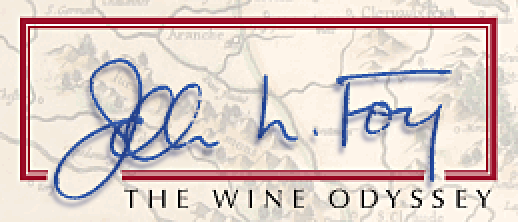
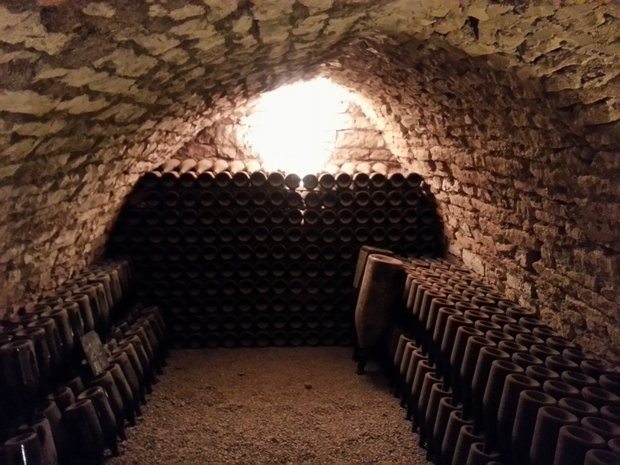
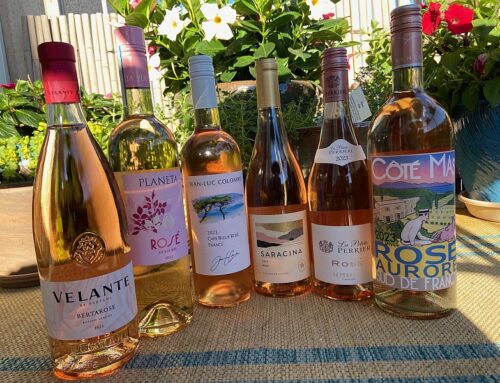
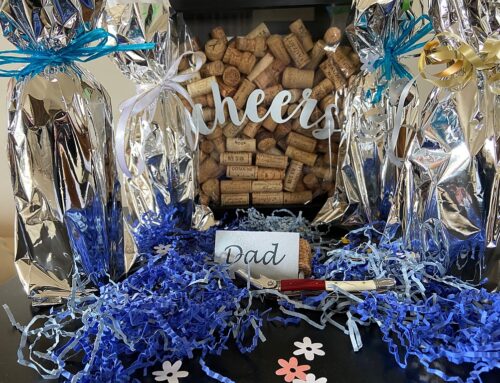
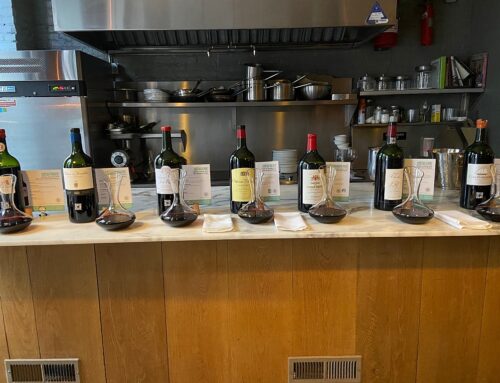
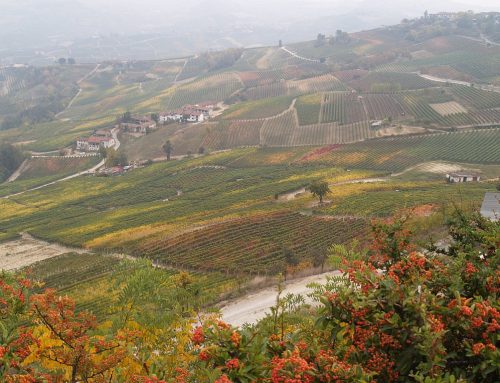
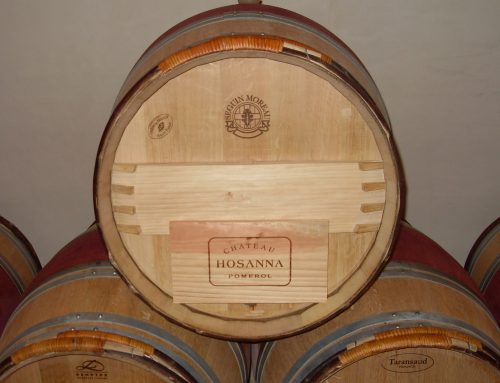
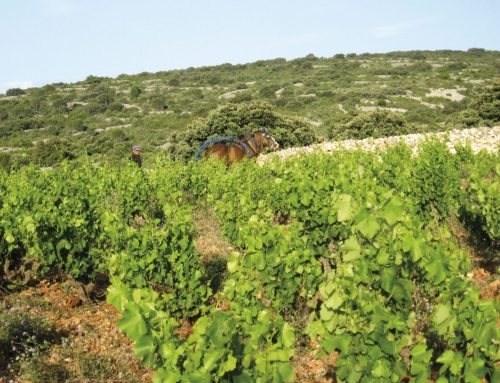
Leave A Comment